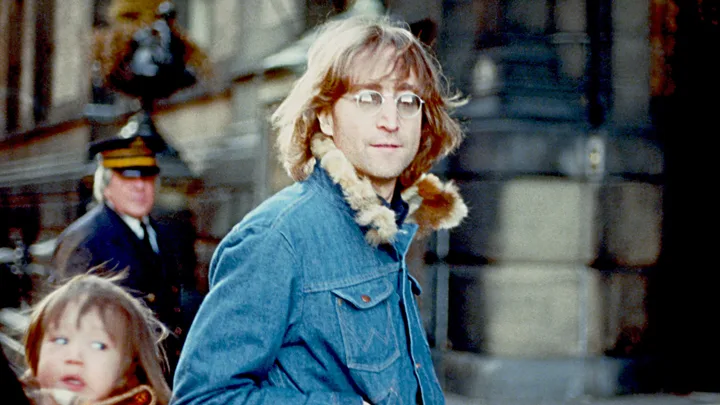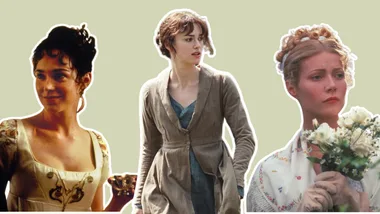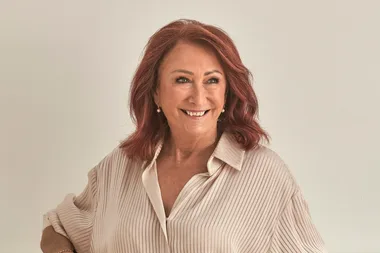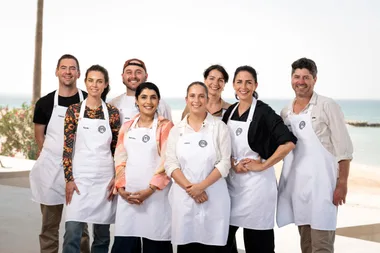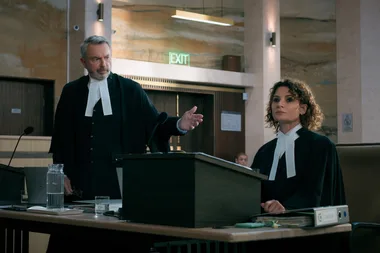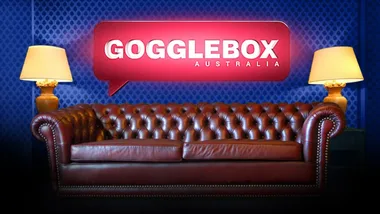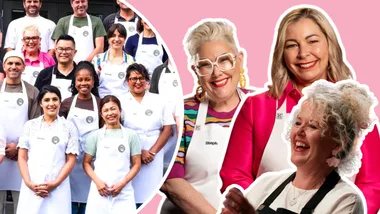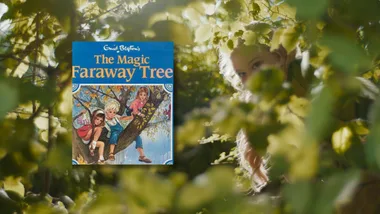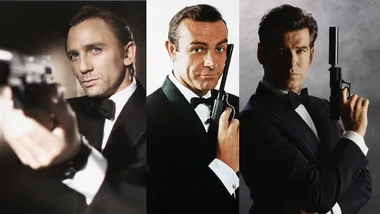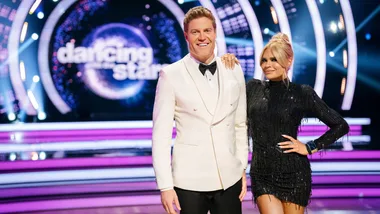Just minutes after he violently gunned down one of the world’s most prolific musicians, Mark David Chapman told eye-witnesses, “Gee, I’m sorry I ruined your night.” This perplexing contradiction between Chapman’s words and actions became representative of the baffling ideologies and motivations of Chapman that still capture public fascination to this day.
The John Lennon: Murder Without a Trial documentary which premiered on Apple TV+ on November 6, 2023 delves into the motivations behind the former Beatle’s shocking murder 43 years on.
Read on to find out everything you need to know about John Lennon: Murder Without a Trial and the revelations we learned from the documentary.
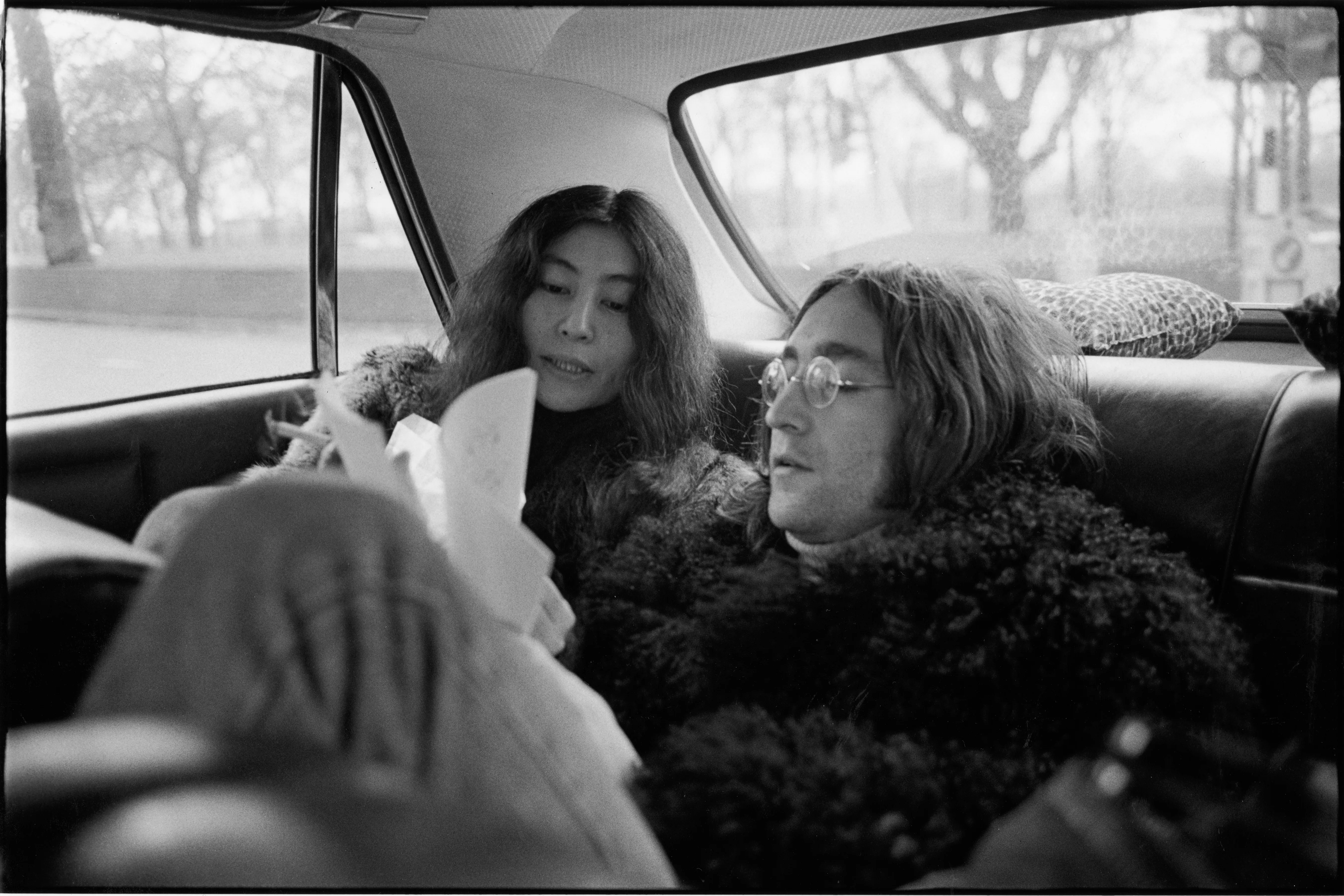
Where can I watch John Lennon: Murder Without a Trial in Australia?
John Lennon: Murder Without a Trial is available to stream exclusively on Apple TV+. The documentary is broken up into three episodes, all of which are streaming from November 6, 2023.
Stream John Lennon: Murder Without a Trial now on Apple TV+ with a 7 day free trial. Subscribe here.
What is the John Lennon: Murder Without a Trial documentary about?
On December 8, 1980, former Beatle John Lennon was gunned down outside of his New York City apartment by Mark David Chapman. Chapman was promptly arrested and has been in jail over the murder ever since.
John’s unexpected death has captured public fascination time and time again over the last four decades – this new documentary features previously unheard of eyewitnesses, medical staff and key figures from Chapman’s adolescence as well as his legal team.
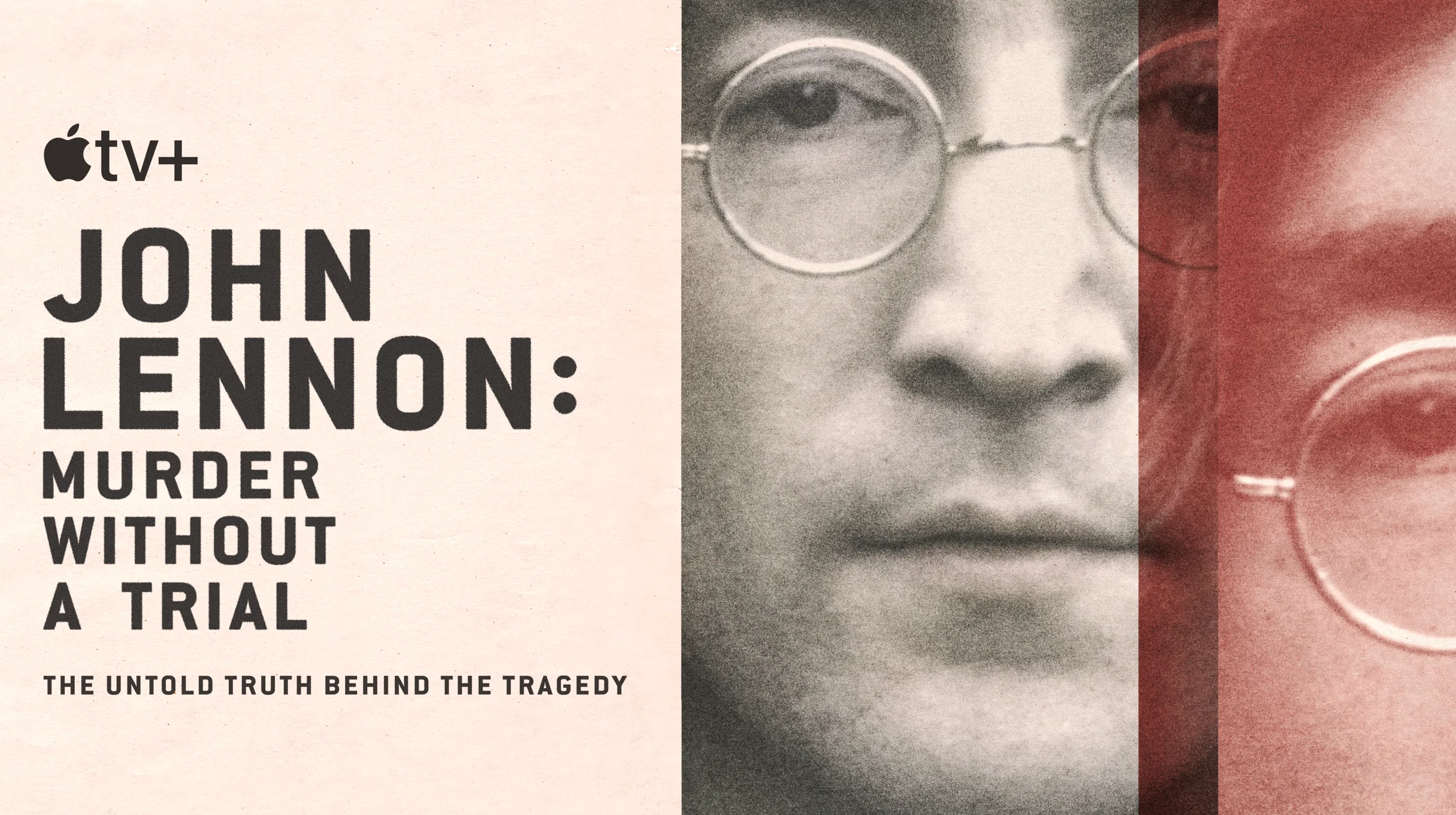
Eyewitness reveals John Lennon’s haunting last words
John Lennon was a poet and a master of words even in the most casual of exchanges, so it’s no surprise that there is an obsession amongst fans to know what John’s last words were.
In a rare interview back in 2007, Yoko Ono revealed that the last thing John said to her before his murder. Speaking to Radio 4’s Desert Island Discs, Yoko recalled that her and John were in the car back to the Dakota when John made a poignant remark about the couple’s son.
“We were returning from the studio, and I said: ‘Should we go and have dinner before we go home?’ and John was saying, ‘No, let’s go home because I want to see Sean before he goes to sleep’.”
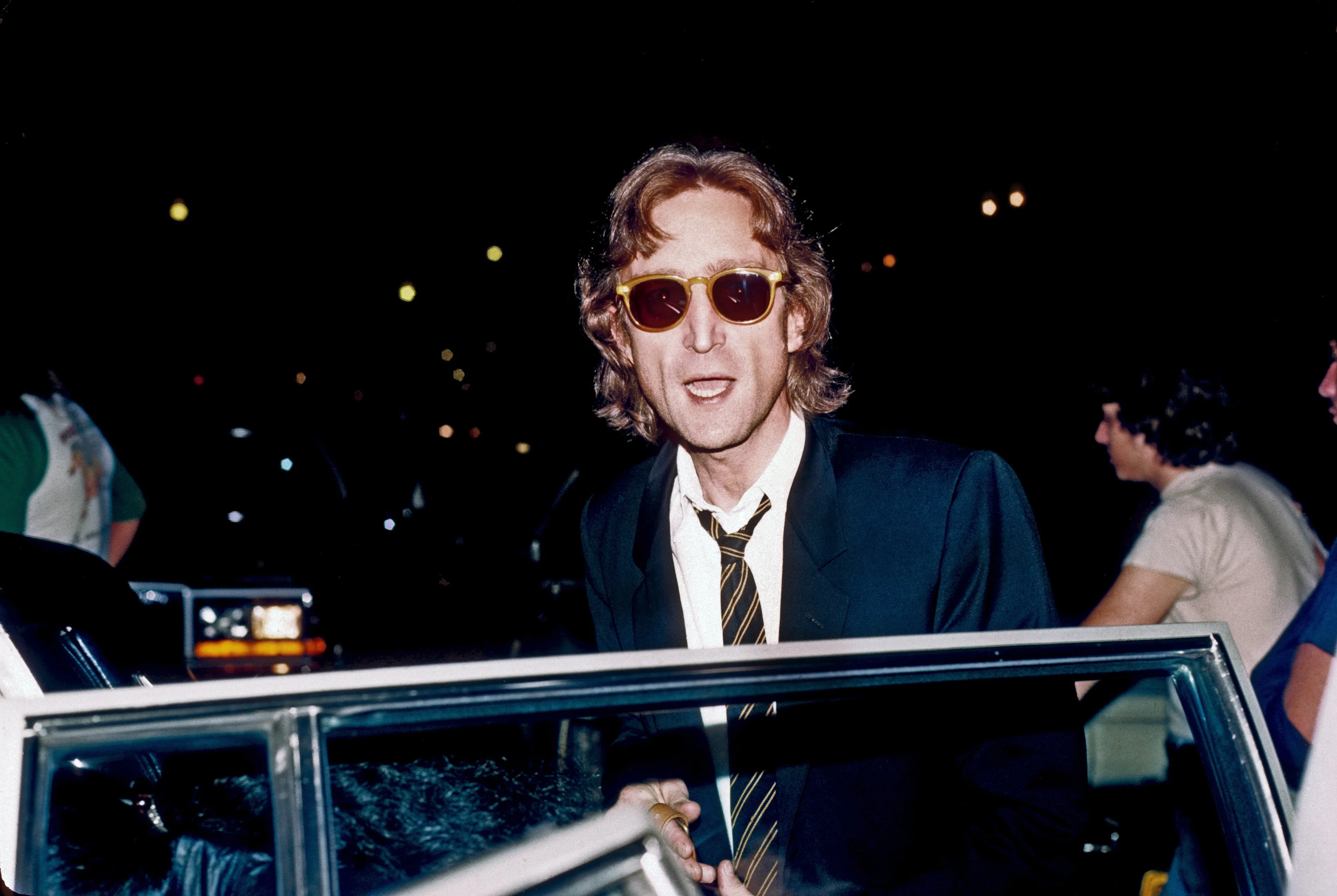
This was thought to be one of, if not, the final things John said. However, the new documentary reveals that one of the Dakota building’s doormen, Jay Hastings may have heard John’s last words.
“He runs past me. He goes, ‘I’m shot,’” Jay recalls. “He had blood coming out of his mouth. He just collapsed on the floor.
“I half rolled him to his back and took his glasses off, put them on the desk. And Yoko was screaming, ‘Get an ambulance, get an ambulance, get an ambulance.’”
A decoy of Mark Chapman was used for his safety
As a public outpouring of grief turned into anger, the documentary reveals there were fears over Chapmans safety during the initial hours after the murder.
One of the first police officers on the scene, Herb Frauenberger, revealed there was never any doubt that Mark Chapman was the perpetrator.
“When Chapman was apprehended he was not trying to flee, but he was reading a book. I go back to the minute or two he had to run into [Central Park] and disappear… and who would know?” referring to Chapman’s calm composition following the murder.
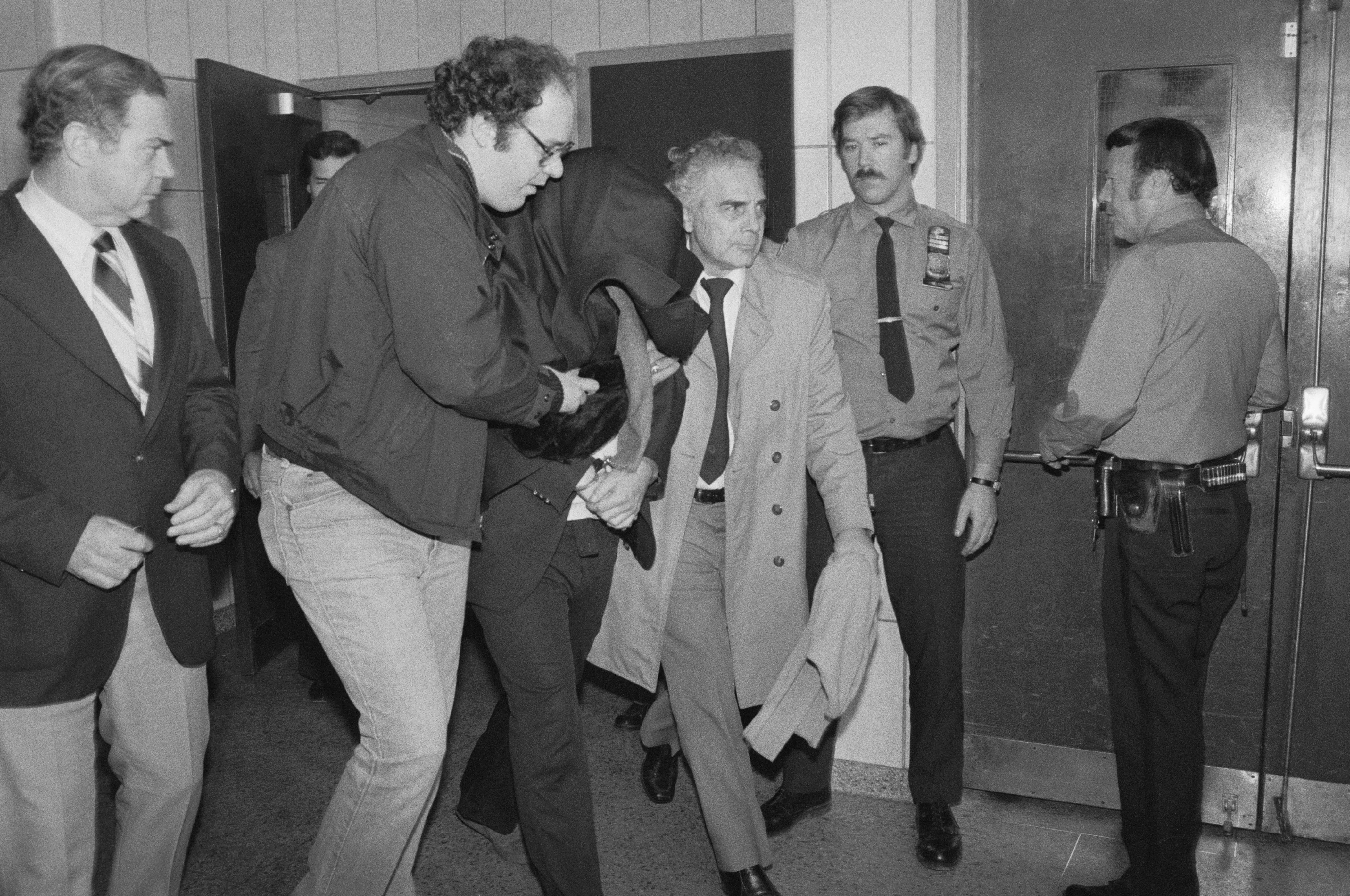
In the now-famous footage of Chapman being transferred to court following being charged with murder, NYPD officer Peter Cullen reveals that they decided to use a decoy.
“It was decided that somebody may want to take a shot at this guy, so let’s do a decoy…now we had to get a volunteer to be the decoy.
“The picture you see of Steve taking {Chapman] out, is not him,” Peter says, admitting that he doesn’t know who the decoy ended up being.
John Lennon and Yoko Ono were ‘political threats’
John Lennon’s death was so truly shocking that it became almost mystical. This, coupled with the intense secrecy surrounding the case and absence of a trial laid fertile ground for conspiracy theories.
Soon after the murder, theories emerged that there may have been political motivations behind Chapman’s actions. In the face of the Vietnam War, John and Yoko became outspoken advocates for peace through music and activism. John mobilising his millions of fans as a force of change was perceived by the Nixon administration as a political threat.
John and Yoko’s close friend Elliot Mintz alleges in the documentary that shortly after John’s death, Yoko asked him to look into political motivations for John’s murder.
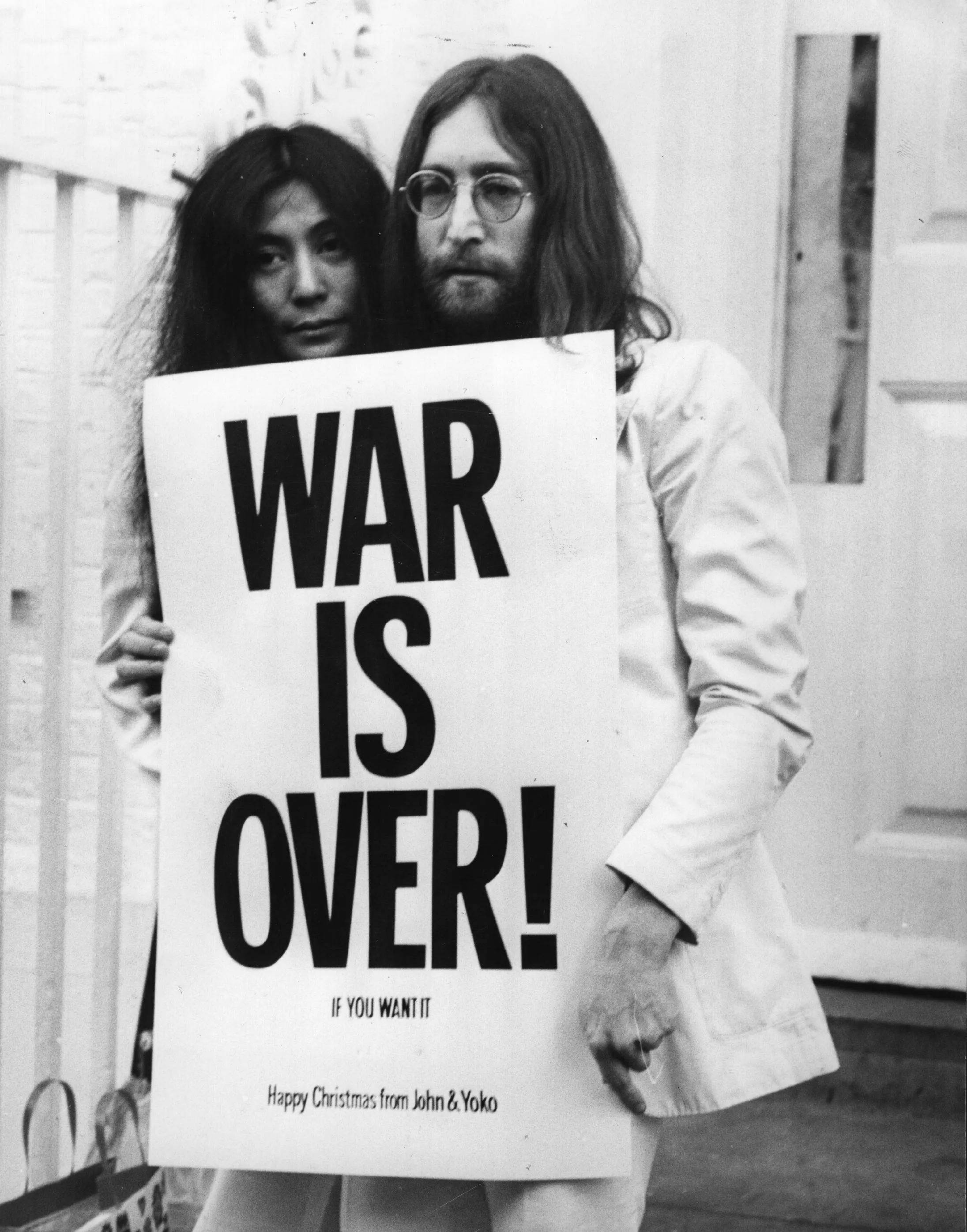
“The two of them were convinced that the Dakota building was being bugged,” Elliot explains. “There is no question that the intelligence agencies of this country were doing that.”
“There were hundreds and hundreds of pages written to the director of the FBI from Richard Nixon where it was determined that John and Yoko were to be followed, monitored and steps were taken on the highest level of government to do something about ‘the Lennon problem’,” Elliot recalls.
The pervasive role of The Catcher in the Rye in John’s murder
Written in 1951 by JD Salinger, The Catcher in the Rye quickly became a cult book amongst teenagers for its themes of youthful angst. The book’s reputation was irreparably marred when it became the soapbox upon which Chapman based his ideologies and motivations behind John’s murder.
Whilst the book’s inherent link with the infamous murder has long been established, the new Apple TV+ documentary reveals just how deeply intrinsic the novel was to the investigation and folklore surrounding the death of the former Beatle.
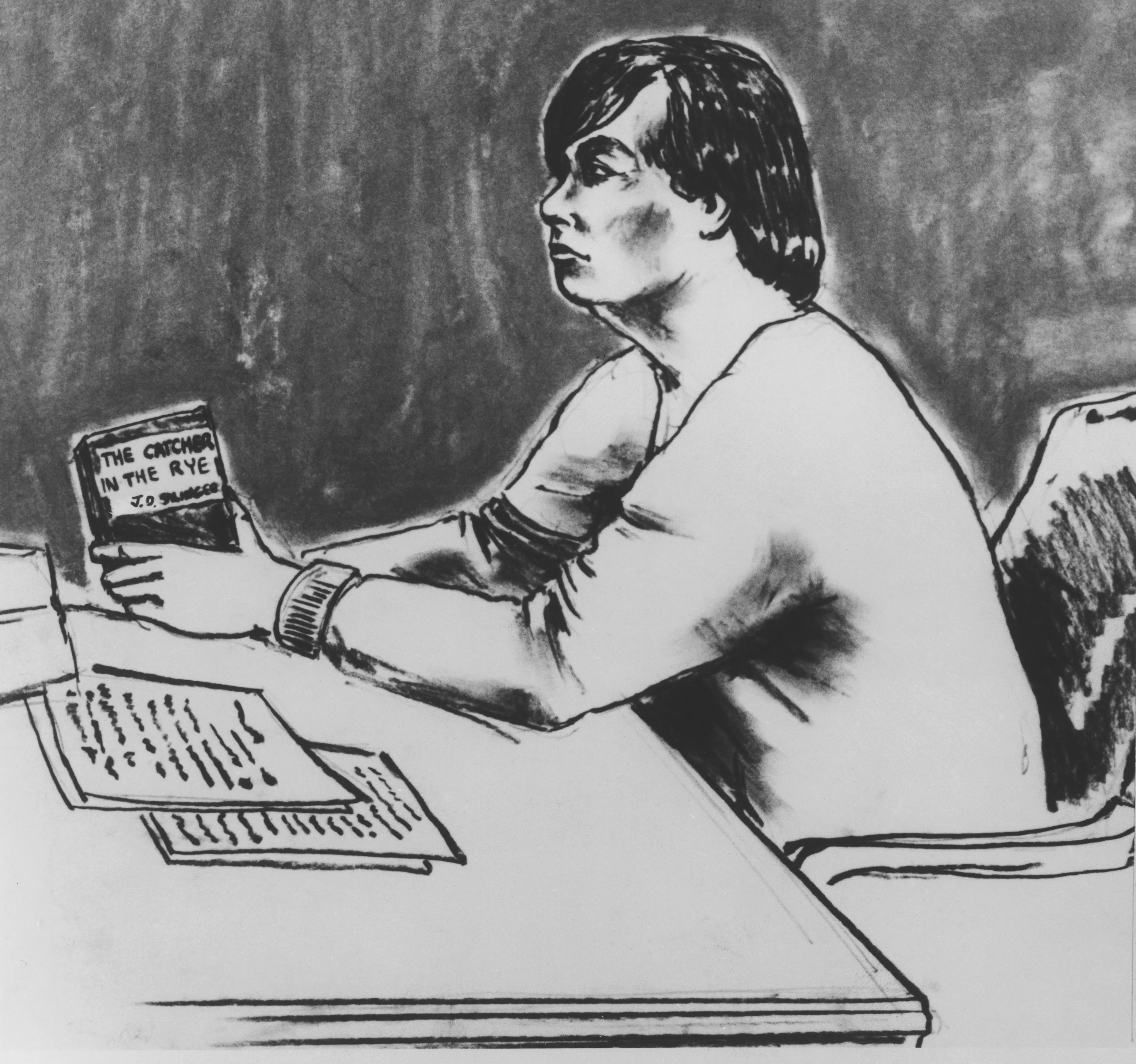
Police and lawyers who were heavily involved with the case revealed that Chapman believed that John Lennon was a ‘phoney’ – something the jaded Holden Caulfield dubbed people within the book. Furthermore, it was revealed that Chapman believed that upon murdering John, he would turn into Holden Caulfield. This was used by Chapman’s defence team in sentencing to substantiate him as mentally incompetent.
As Chapman sat in court awaiting sentencing, he clutched his copy of The Catcher in the Rye – the same copy he clutched after shooting John.
“He felt this book was so important, it was his statement to commit an act like this,” Ron Hoffman, who was the lead detective on the case, says.
“Everyone on the case read it but me, I just didn’t buy it,” Ron adds, revealing this was the first time he has admitted to not reading the novel.
